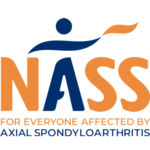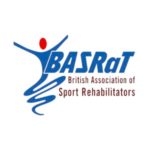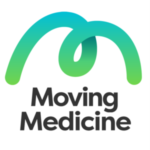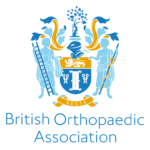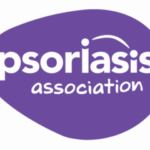The government has announced a relaxation of the guidance to people in England who are clinically extremely vulnerable and therefore were advised to shield. (At the time of writing, guidance in the other nations had not changed). The chance of encountering coronavirus in the community has fallen: less than 1 in 1,700 are now estimated to have the virus, down from 1 in 500 four weeks ago. Whilst the relaxation is good news for many people who have gone months without leaving their houses, ARMA remains concerned that important protections are being lifted too soon.…
Read more of this article
Author: Garreth
Advanced Clinical Practice (ACP) MSK standards and framework
 Health Education England (HEE) in conjunction with the Musculoskeletal Association of Chartered Physiotherapists (MACP) has commissioned a piece of work to develop the operational aspect of the Advanced Clinical Practice (ACP) MSK standards.
Health Education England (HEE) in conjunction with the Musculoskeletal Association of Chartered Physiotherapists (MACP) has commissioned a piece of work to develop the operational aspect of the Advanced Clinical Practice (ACP) MSK standards.
SOMM has been selected to be part of the MSK partnership task & finish group that will be focussing on developing mechanisms of governance and quality assurance of MSK practice as part of the accreditation route.
This piece of work will be completed in tandem with the production of an ACP MSK standards document to be used by multi professionals working towards ACP accreditation via HEE.
New guidance on corticosteroids
 The guidance ‘Management of Patients with Musculoskeletal and Rheumatic Conditions on Corticosteroids’ has now been superseded by the following guidance, issued on 16 June 2020. It applies to:
The guidance ‘Management of Patients with Musculoskeletal and Rheumatic Conditions on Corticosteroids’ has now been superseded by the following guidance, issued on 16 June 2020. It applies to:
Management of patients with musculoskeletal and rheumatic conditions who:
- – are on corticosteroids
- – require initiation of oral/IV corticosteroids
- – require a corticosteroid injection
The new guidance can be read here [open PDF].
SOMM’s Injection Module Coordinator, Paul Hattam, has submitted his view on the guidance for corticosteroid injection that has been provided throughout the COVID-19 pandemic, as an open letter to the CSP’s ‘Frontline’ magazine.…
Read more of this article
Important new axial SpA & COVID-19 APPG Clinical Survey
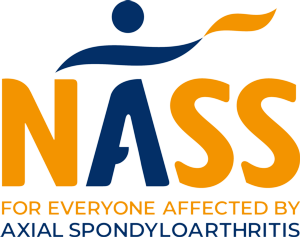 NASS would like to bring your attention to an important new clinical survey on the impact that COVID-19 is having on axial SpA (AS) services and care.
NASS would like to bring your attention to an important new clinical survey on the impact that COVID-19 is having on axial SpA (AS) services and care.
The survey has been developed to help inform the work of a new inquiry that is being carried out by the All-Party Parliamentary Group (APPG) on Axial Spondyloarthritis. Findings from the survey will support the APPG, the National Axial Spondyloarthritis Society (NASS) and other stakeholders in the area to identify key recommendations that can be put forward to help safeguard the provision of axial SpA (AS) care and ensure that patients are able to receive the best care possible in the months ahead.…
Read more of this article
Aspiring to Excellence 2020 programme deadline extended
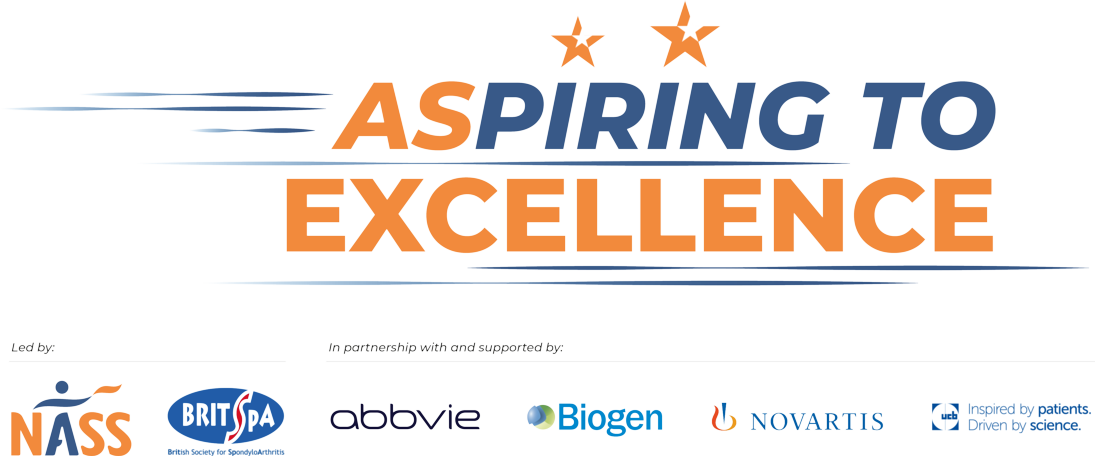 The deadline for rheumatology teams to apply to the Aspiring to Excellence programme has now been extended to 18 September 2020. The programme is designed to encourage and recognise service improvement in axial SpA (AS) care and is a strategic partnership between NASS, BRITSpA and sponsoring companies AbbVie, Biogen, Novartis and UCB.
The deadline for rheumatology teams to apply to the Aspiring to Excellence programme has now been extended to 18 September 2020. The programme is designed to encourage and recognise service improvement in axial SpA (AS) care and is a strategic partnership between NASS, BRITSpA and sponsoring companies AbbVie, Biogen, Novartis and UCB.
There are six rheumatology teams from across the UK currently involved in the programme who are progressing with projects aimed at improving the quality of care for patients with axial SpA (AS.)…
Read more of this article
Sport Rehabilitators supporting the NHS
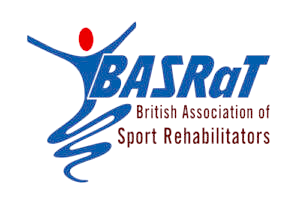 Sport Rehabilitators and Covid-19 – working with patients and supporting the NHS
Sport Rehabilitators and Covid-19 – working with patients and supporting the NHS
For an article on the Rehab Recruits scheme, BASRaT spoke to two sport rehabilitators to take a closer look at the fantastic work they are doing.
The NHS and MSKREFORM appealed for professionals who could temporarily work in an NHS role. The Rehab Recruits programme from MSKReform aimed to bring willing MSK clinicians together to help the NHS in its fight against Covid-19.
Sport Rehabilitators, Megan Thorley and Daniel Baker volunteered; read their stories here.
How do you make care person-centred for the child and family?
 Guest blog by Nina Davies, Project Lead: Integrating Long Term Condition Training and Development, Leeds Community Healthcare NHS Trust; Co-Chair Children’s Podiatry Special Advisory Group, The College of Podiatry
Guest blog by Nina Davies, Project Lead: Integrating Long Term Condition Training and Development, Leeds Community Healthcare NHS Trust; Co-Chair Children’s Podiatry Special Advisory Group, The College of Podiatry
Person-centred care (‘person first’ or ‘child and family centred care’) is a term to reflect treating the whole person, encompassing physical, mental and social wellness, environment and personal circumstances. It is an approach which looks beyond the symptoms of a disease and aims to meet the person’s needs and priorities before those of the system or a professional.…
Read more of this article
Moving Medicine COVID-19 Recovery Resources
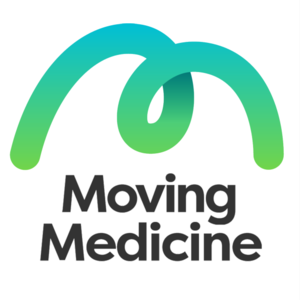 Moving Medicine, an FSEM (UK) initiative, has published a series of resources designed to help those who are recovering from COVID-19.
Moving Medicine, an FSEM (UK) initiative, has published a series of resources designed to help those who are recovering from COVID-19.
The COVID 19 infection frequently leaves people feeling tired, weak, short of breath performing simple tasks, lacking in motivation, anxious or even feeling depressed. These symptoms can go on for a lot longer than expected and it can feel like you’ll never get back to normal.
To assist those recovering, Moving Medicine has produced resources that help people take control and start building their body back to normal.…
Read more of this article
BOA – People waiting for orthopaedic surgery
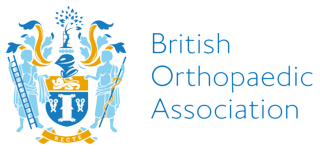 A British Orthopaedic Association message to people waiting for joint replacement and other orthopaedic surgery
A British Orthopaedic Association message to people waiting for joint replacement and other orthopaedic surgery
Growing waiting lists are affecting all planned surgery, but particularly orthopaedics which has the largest overall waiting list of any individual specialty. The BOA’s statement [published 26 June 2020] is a response to the concern, frustration and a lack of information available to people waiting for surgery. It explains how services can restart, gives advice on what to do, and provides resources to help people while they wait, as well as some FAQs.…
Read more of this article
ARMA welcomes the Psoriasis Association
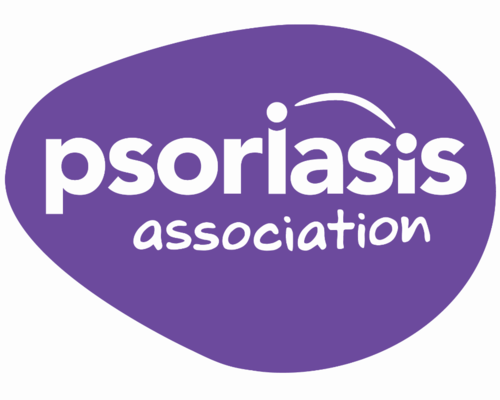 ARMA is happy to extend a warm welcome to the Psoriasis Association, our newest member.
ARMA is happy to extend a warm welcome to the Psoriasis Association, our newest member.
The Psoriasis Association offers information and support in a variety of ways to people whose lives are affected by psoriasis and psoriatic arthritis; patients, relatives, friends, healthcare professionals and the general public.
Founded in 1968, the Psoriasis Association has always recognised and promoted the value of multi-disciplinary teams when treating both psoriasis and psoriatic arthritis. They regularly contribute to appraisals and guidelines for NICE and the SMC.…
Read more of this article



